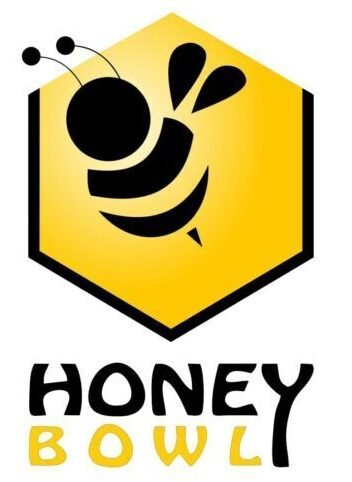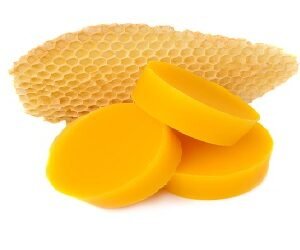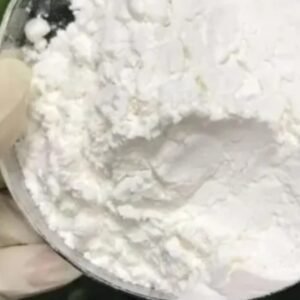Bee pollen is a natural substance collected by honeybees from the stamens of flowers and brought back to the hive as a source of food. It is considered a superfood due to its rich nutritional profile and potential health benefits. Here’s a short description of bee pollen:
- Composition: Bee pollen is composed of tiny granules that vary in color, ranging from golden yellow to dark brown, depending on the flowers from which it was collected. It contains a complex mixture of carbohydrates, proteins, amino acids, vitamins, minerals, enzymes, and antioxidants.
- Nutritional Value: Bee pollen is highly nutritious and is considered one of nature’s most complete foods. It is a rich source of protein, providing all essential amino acids required by the human body. It also contains carbohydrates, healthy fats, vitamins (particularly B vitamins), minerals (such as calcium, magnesium, potassium, and zinc), and enzymes.
- Health Benefits: Bee pollen is believed to offer numerous health benefits, although scientific evidence supporting some of these claims is limited. Some potential benefits of bee pollen include:
- Boosting immune function
- Providing energy and combating fatigue
- Supporting cardiovascular health
- Acting as an anti-inflammatory and antioxidant
- Supporting digestive health
- Alleviating allergy symptoms (although caution should be taken as bee pollen may trigger allergic reactions in some individuals)
- Usage: Bee pollen can be consumed in various ways, including sprinkling it on top of yogurt, cereal, or smoothies, mixing it with honey, or incorporating it into baked goods and recipes. It is available in granular or powdered form and can be found in health food stores and online.
- Quality and Safety: It’s essential to source bee pollen from reputable sources to ensure its quality and purity. Bee pollen should be harvested and processed under strict hygiene standards to prevent contamination. Individuals with pollen allergies or asthma should consult a healthcare professional before consuming bee pollen, as it may trigger allergic reactions in some people.
Overall, bee pollen is a nutrient-dense food with potential health benefits, but more research is needed to fully understand its effects on human health. As with any dietary supplement, it’s important to consume bee pollen in moderation as part of a balanced diet and to consult with a healthcare professional if you have any concerns or underlying health conditions.






Reviews
There are no reviews yet.